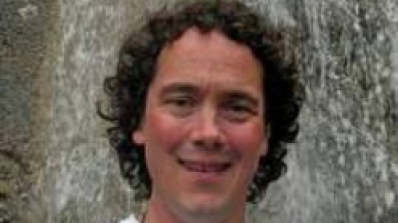Cutting Down (Certain) Trees Can Save Environment (Bloomberg Businessweek)
Dartmouth researchers have found that cutting down trees in high latitudes in order to create treeless snow-covered meadows—which reflect the sun’s light and heat—can reduce global warning, reports Bloomberg Businessweek.
Previous studies have suggested the potential benefits of creating the “reflective snow fields,” writes Bloomberg, but Dartmouth researchers have “quantified the phenomenon using a sophisticated model of the climate and the economy that took into account the timber value of wood,” the article notes.
In areas where trees are not grown for timber and where there is a lot of snow and poor quality of forest, Dartmouth’s David Lutz, a research associate in the Environmental Studies Program, and Richard Howarth, a professor of environmental studies, write, “We can therefore easily imagine a scenario in which … it is economically optimal to keep them in a state of continuous and perpetual clearance,” the article notes.
Read the full story here, published 12/5/13 by Bloomberg Businessweek.

